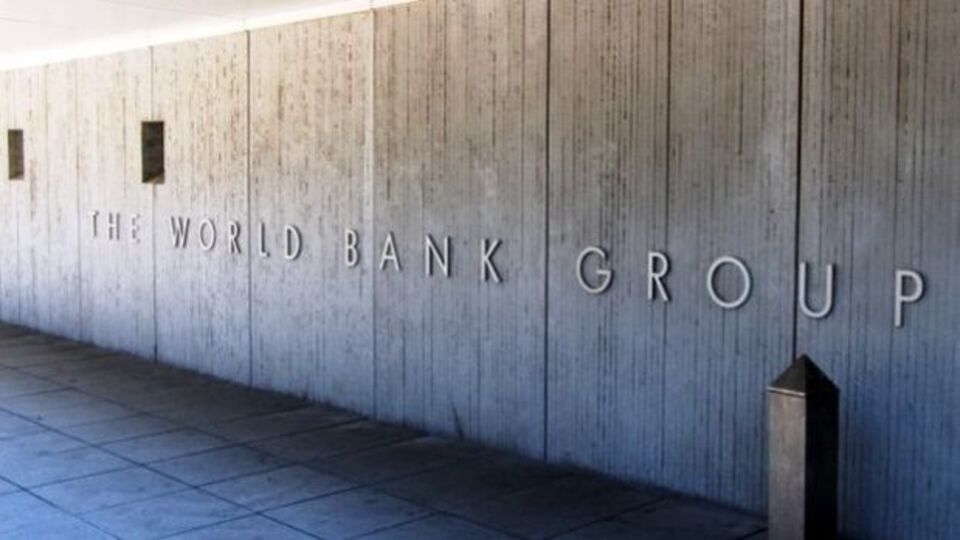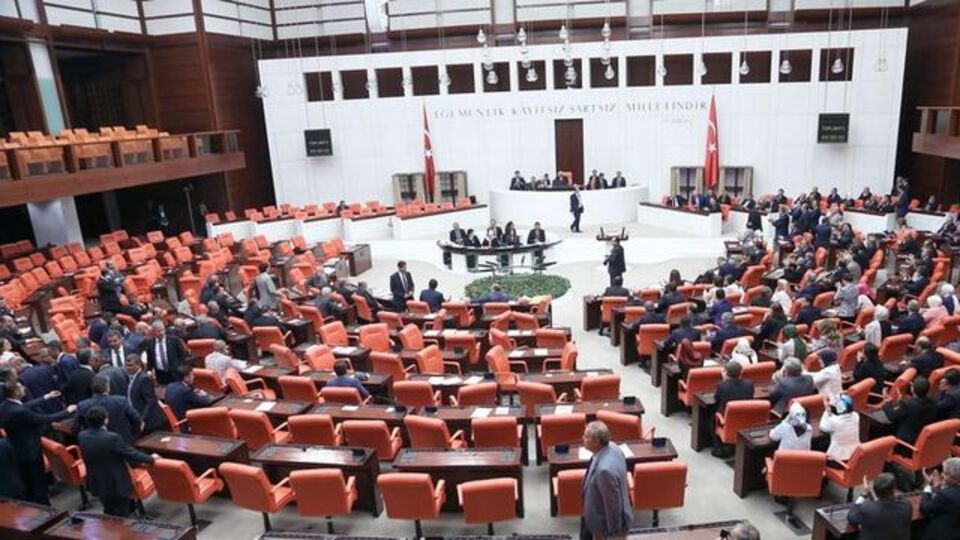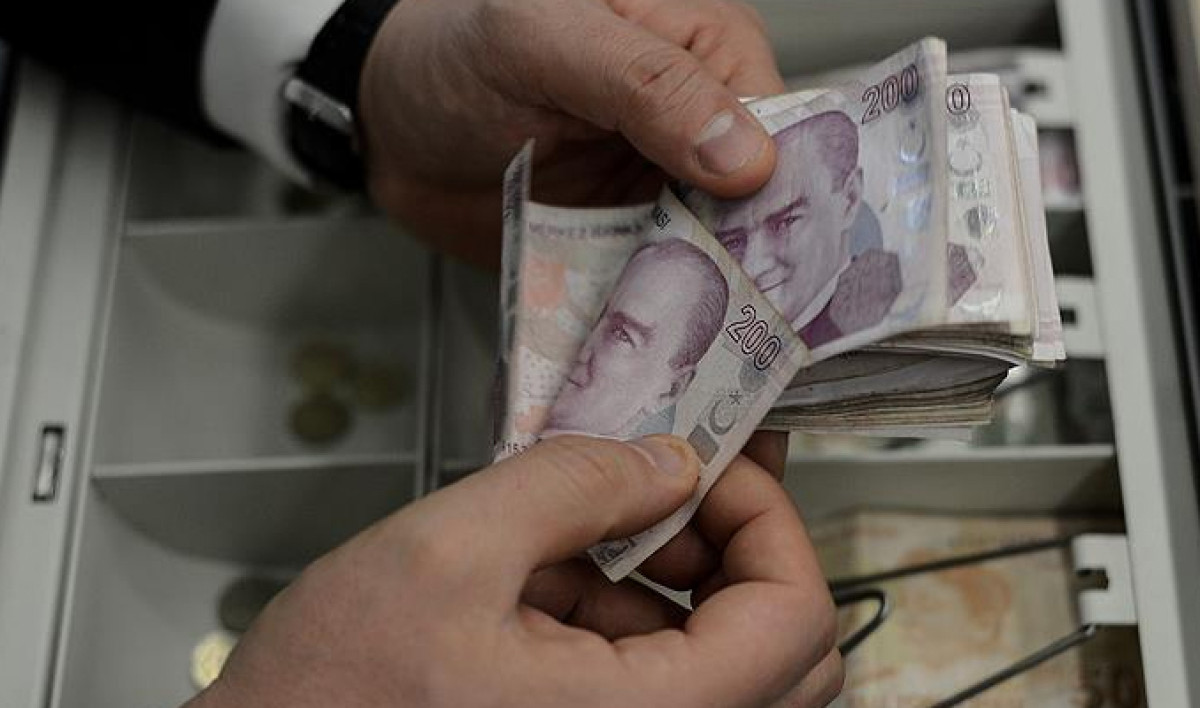
Turkey is allocating 8.3 billion lira to combat the unregistered economy.


Turkey, according to the data included in the Central Government Budget Law Proposal for the year 2026, plans to allocate a total of 8.3 billion lira for the program to combat the informal economy. This budget will be used for measures to ensure the country's economic stability.
Strengthening trust and oversight mechanisms is critically important for conducting a more effective struggle against the informal economy. The government aims to carry out activities to maintain public order in customs-controlled areas and other fields, thereby preventing smuggling and increasing tax revenues.
The informal economy stands out as a problem that significantly negatively affects Turkey's growth potential. Economic losses also have adverse results in the employment sector. This situation, which causes substantial amounts of money to be lost annually, will be addressed by reducing bureaucratic obstacles and increasing inspections.
The planned budget is vital for financing projects that will be implemented together with an effective oversight system. At this stage, Turkey's priority is to adopt the principles of transparency and the rule of law in the fight against the informal economy. This requires effective management and a strong oversight mechanism.
These steps, which will make economic growth sustainable, will provide improvements not only at the household level but also in the operational capabilities of businesses. Moreover, a decrease in the informal economy can lead to an increase in tax revenues and consequently improve the quality of public services.
In conclusion, the allocation of 8.3 billion lira from the 2026 budget is considered an important step towards enhancing economic oversight and public safety. Thus, Turkey aims to minimize the negative effects of the informal economy and lay the foundations for a more sustainable future.
Benzer Haberler
.png)
Yakında Tüm Platformlarda
Sizlere kesintisiz haber ve analizi en hızlı şekilde ulaştırmak için. Yakında tüm platformlarda...










.png)